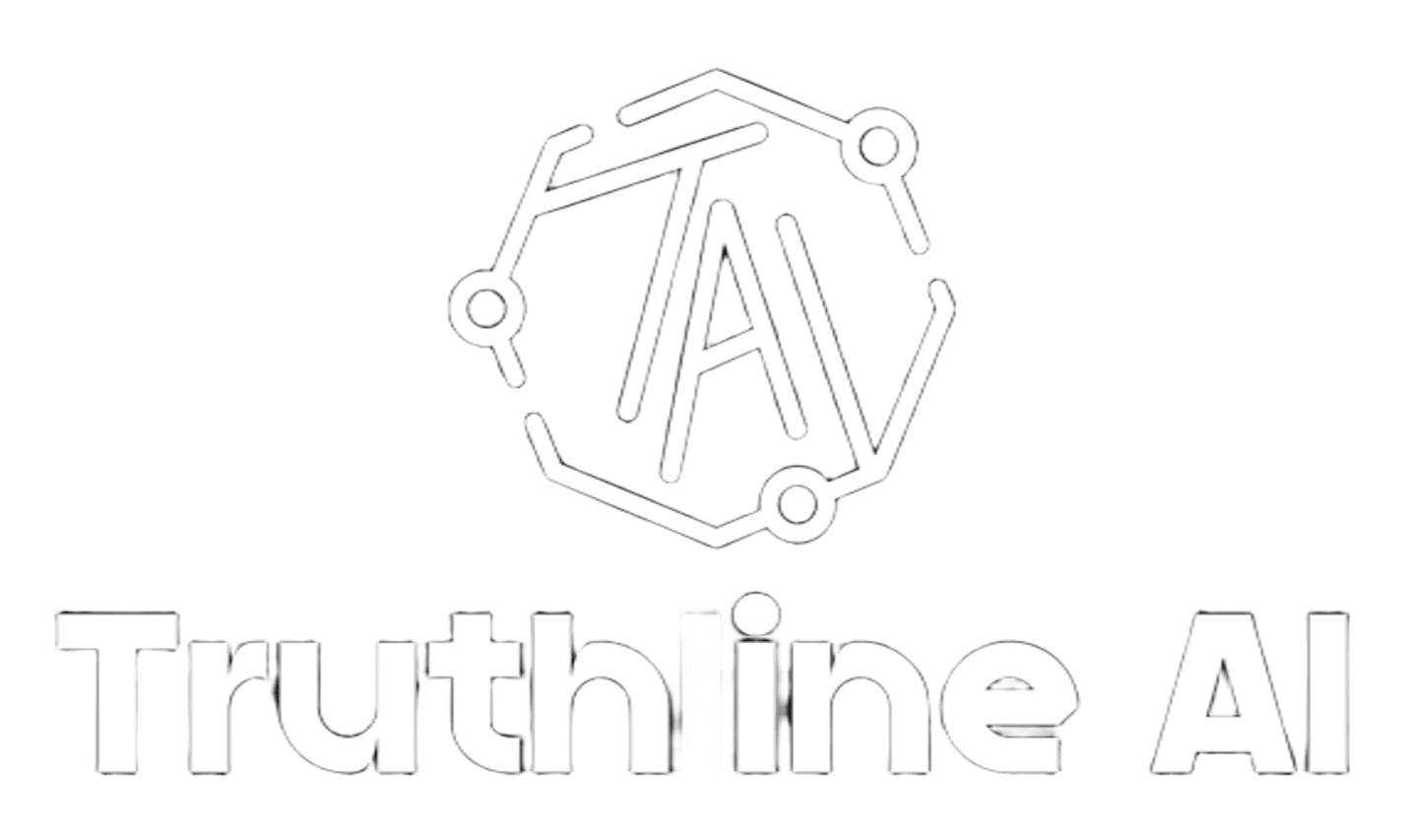Tone
The tone of The Standard on July 24, 2025, is predominantly critical and urgent, highlighting systemic failures in governance, justice, and public safety. It adopts an investigative stance, particularly in exposing political corruption (rogue matatus, land grabs) and institutional negligence (hospital homicide, school strikes). However, it balances this with a measured tone in reporting diplomatic successes (Munyakho’s release) and policy debates (public healthcare reforms), ensuring a mix of condemnation and cautious optimism.
Track
The newspaper tracks recurring themes of corruption, political influence, and social injustice, reinforcing its focus on accountability. It revisits long-standing issues like rogue matatus and land mismanagement while spotlighting emerging crises, such as youth political mobilization and healthcare strikes. This consistent coverage suggests a commitment to following systemic problems until resolution, though some stories (e.g., Gaza starvation) receive less prominence despite their gravity.
Framing
The Standard frames stories to emphasize victimization and institutional failure, portraying citizens (e.g., murdered medic, stranded Munyakho family) as neglected by powerful elites. Political and corporate malfeasance is framed as entrenched, with rogue matatus and land grabs tied to shadowy networks. Conversely, youth activism and policy debates are framed as potential solutions, positioning Gen Z leaders and healthcare reforms as hopeful counterpoints to corruption.
Editorial Agenda
The editorial agenda prioritizes exposing corruption (matatus, land fraud) and advocating for justice (Kamengere’s murder, Munyakho’s ordeal). It pushes for systemic reforms, endorsing youth political engagement and public healthcare equity while critiquing Ruto’s administration and ODM’s alliances. The selective emphasis downplaying international issues like Gaza suggests a domestically focused advocacy role, pressuring local leaders over global solidarity.
Conclusion
The Standard’s July 24 edition serves as a watchdog, blending investigative rigor with advocacy for marginalized voices. Its tone and framing underscore institutional decay while cautiously amplifying reform efforts, reflecting a dual role as critic and catalyst. The editorial agenda, however, reveals a prioritization of local scandals over global crises, potentially limiting its lens on interconnected injustices.
